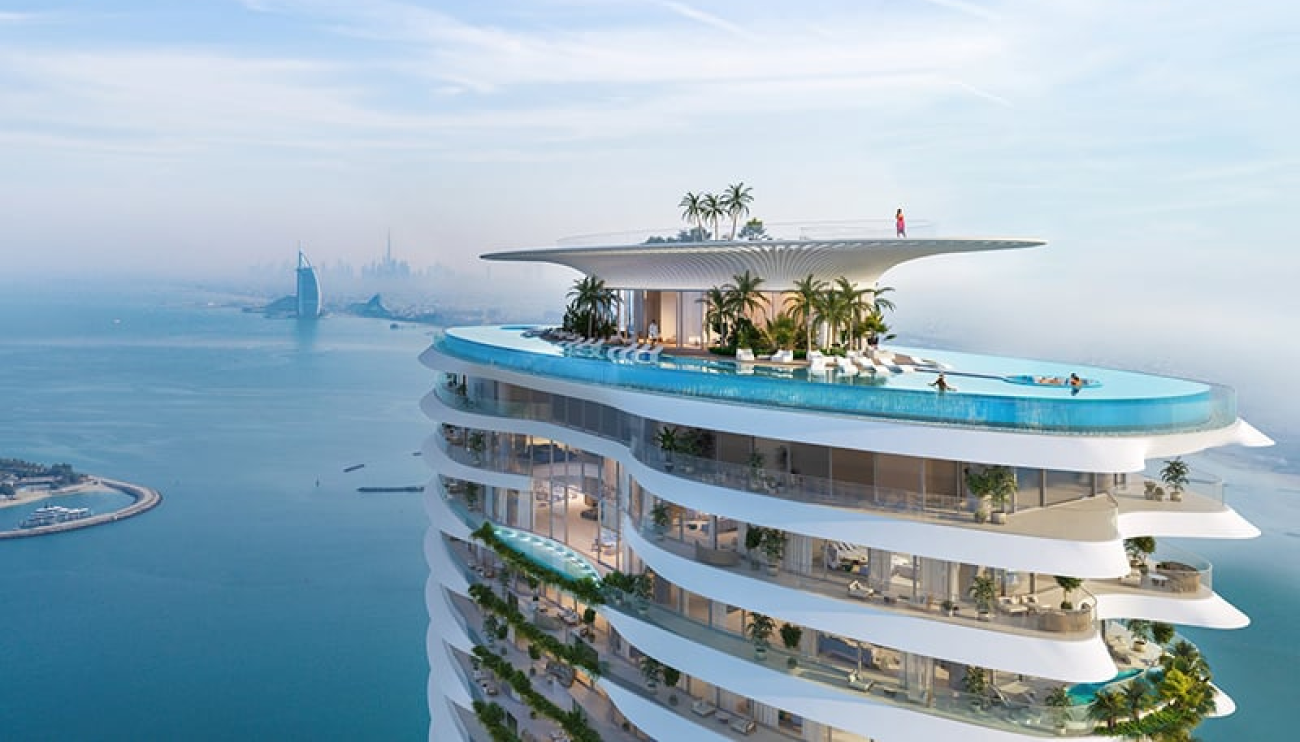
The UAE has become one of the most attractive property markets in the world — and for good reason. With strong capital growth, rental yields above global averages, and a transparent ownership system for foreigners, Dubai and Abu Dhabi continue to lead the region’s real estate transformation.Whether you’re a first-time buyer or an international investor, understanding how to purchase property in the UAE will help you make informed, confident decisions. This guide walks you through the process — from ownership rules and financing options to practical insights on costs and investment value.
1. Who Can Buy Property in the UAE
Foreign buyers are fully eligible to purchase property in designated freehold areas across Dubai and Abu Dhabi. This gives complete ownership of both the property and the land beneath it — a significant advantage over many global markets that limit foreign tenure.
This freehold framework has created an open and transparent market where international buyers can safely invest, sell, and lease without restriction.
2. Choosing Between Ready and Off-Plan Properties
When buying in the UAE, investors typically decide between ready properties (completed units) and off-plan developments (under construction).
Both routes are fully regulated — but off-plan buyers should always confirm that the project and developer are registered with the Dubai Land Department (DLD) or Abu Dhabi Department of Municipalities and Transport (DMT) to ensure escrow protection and compliance.
3. Step-by-Step: The Buying Process in Dubai and Abu Dhabi
How to Buy Property in Dubai
3.1. Define your goal
Decide if you’re buying for investment, rental income, or personal use. This helps determine whether you should choose ready property (immediate use) or off-plan (under construction).
3.2. Choose your property type and location
3.3. Verify the developer and project
3.4. Arrange financing or budget
3.5. Sign the sales agreement
3.6. Pay the deposit
3.7. Obtain the No Objection Certificate (NOC)
3.8. Transfer ownership
4. How to Buy Property in Abu Dhabi
4.1. Decide your purpose and area
Identify whether you’re buying for rental income, residence, or portfolio diversification. Foreigners can own freehold property in areas such as Yas Island, Saadiyat Island, Al Reem Island, and Al Raha Beach.
4.2. Select your property and verify the developer
4.3. Review payment structure or financing
4.4. Sign the purchase agreement
4.5. Pay the deposit and applicable fees
4.6. Conduct the due-diligence checks
4.7. Register the property
5. Key Differences Between Buying Property in Dubai and Abu Dhabi
6. Financing and Payment Options
The UAE’s property financing system is flexible for both residents and non-residents.
Non-resident investors can typically borrow 50–60% of a property’s value, while UAE residents can access loans covering up to 80%. Most developers also offer off-plan payment structures — such as 60/40 or 70/30 plans — where payments are spread out during construction, easing the upfront financial burden.
Banks and developers alike prioritize international buyers, offering a streamlined process that aligns with global banking standards.
7. Understanding the Costs
Beyond the property price, there are several one-time fees involved in every transaction.
While these costs are important to factor in, they remain competitive globally — and are offset by the UAE’s zero annual property tax and no capital gains tax, making long-term ownership extremely cost-effective.
8. Why the UAE Property Market Is So Attractive
Few markets in the world offer such a strong combination of financial stability, legal protection, and growth potential.
For many global buyers, Dubai and Abu Dhabi represent both an investment opportunity and a lifestyle upgrade.
9. Common Pitfalls to Avoid
Even in a well-regulated market, first-time buyers should proceed carefully. Avoid purchasing from unregistered developers, skipping escrow verification, or neglecting to account for ongoing service charges. It’s also vital to prioritize location and developer reputation over aggressive discounts — long-term value depends far more on quality and demand than on short-term savings.
Final Insight
Buying property in Dubai or Abu Dhabi isn’t just about owning real estate — it’s about participating in two of the most forward-looking cities in the world. With visionary leadership, expanding infrastructure, and a stable, investor-friendly environment, the UAE continues to deliver reliable growth and secure returns.
For those seeking both financial performance and lifestyle appeal, investing in Dubai or Abu Dhabi property remains one of the smartest moves in 2025 and beyond.